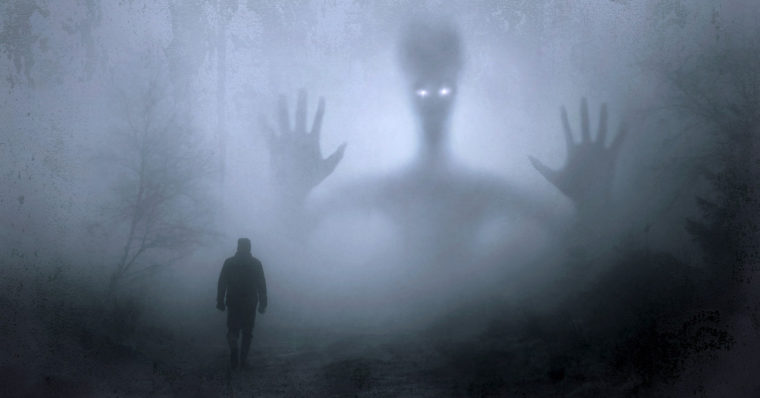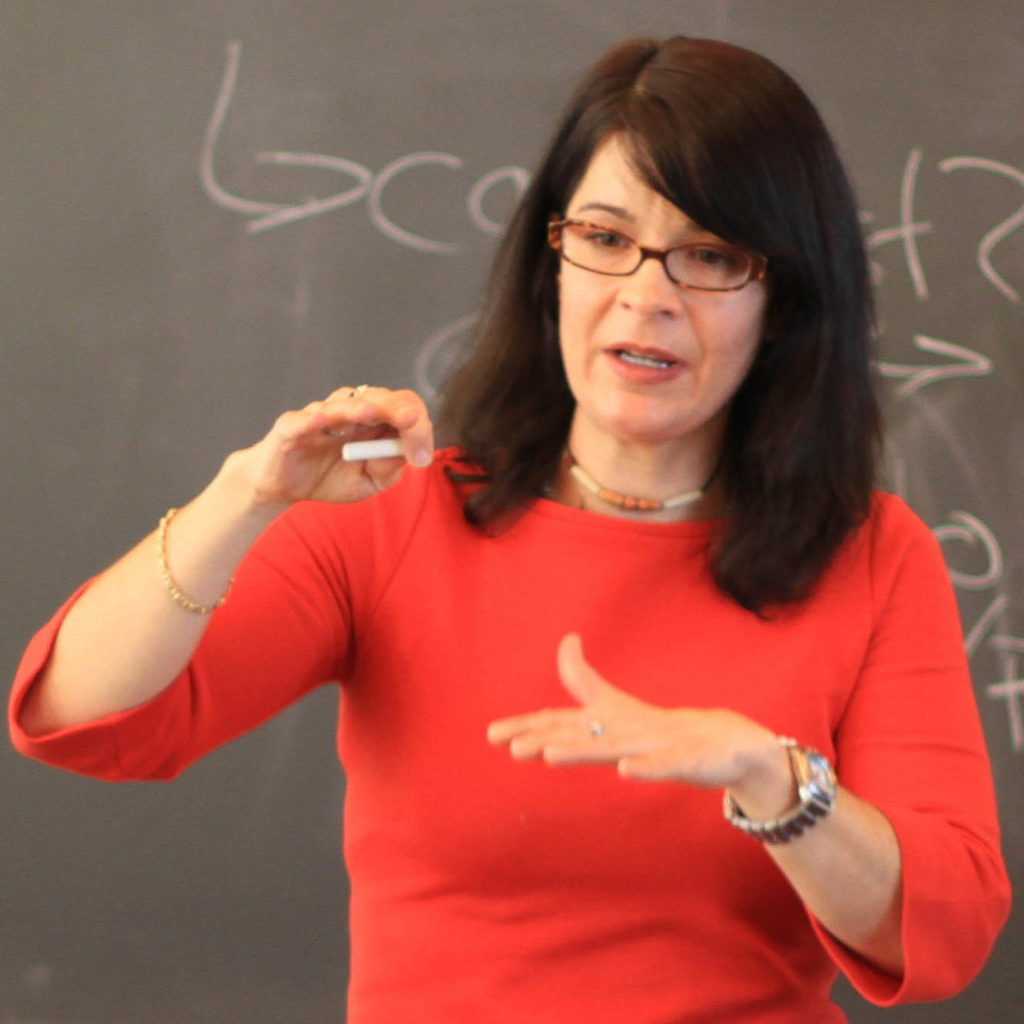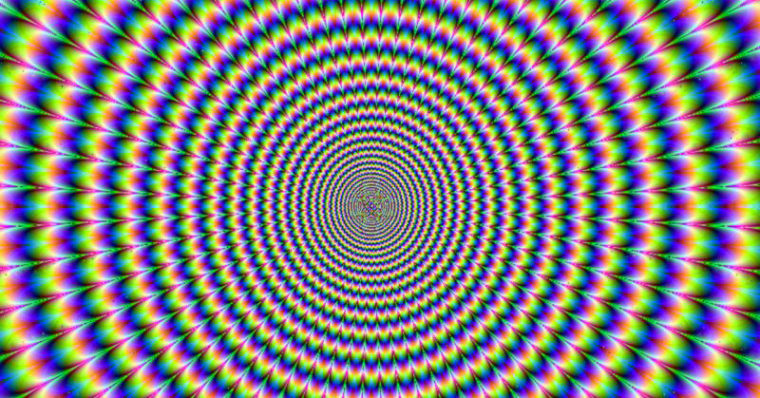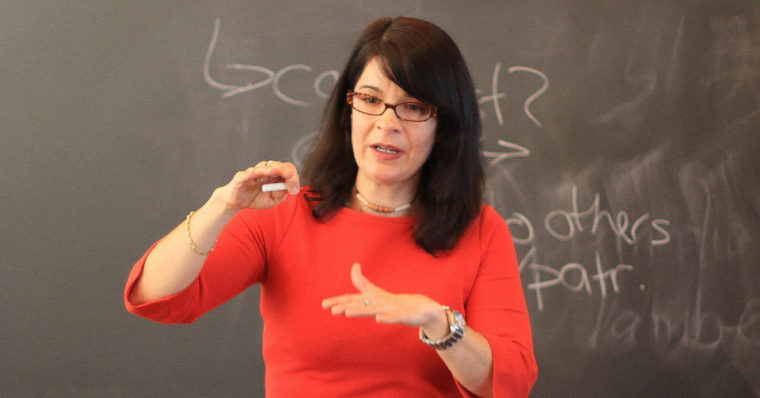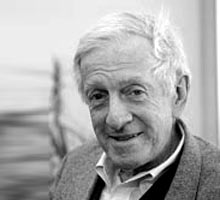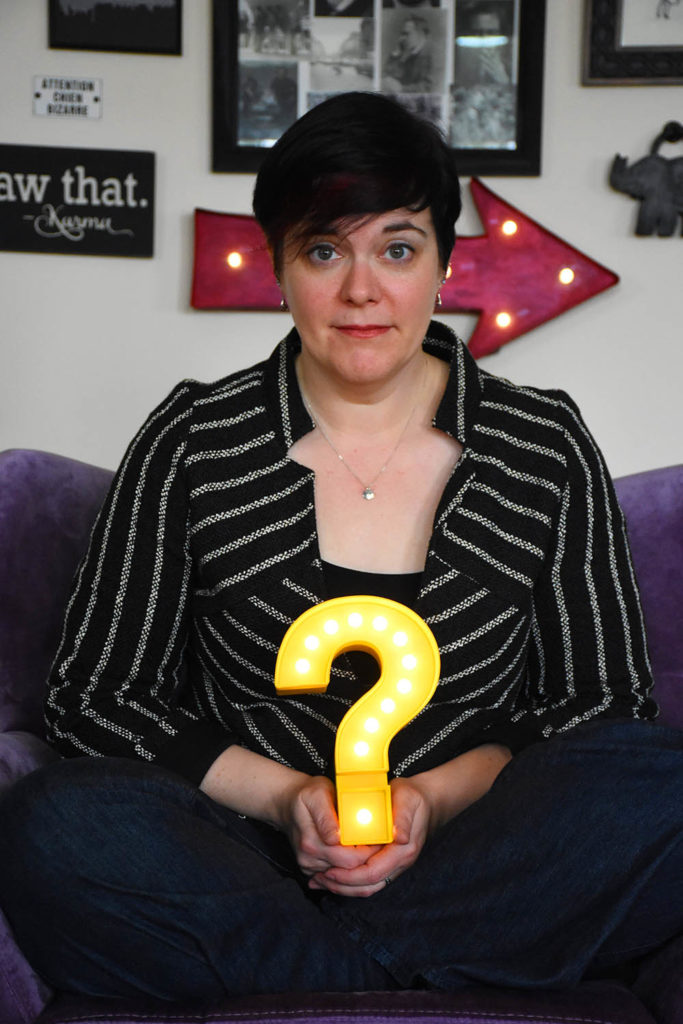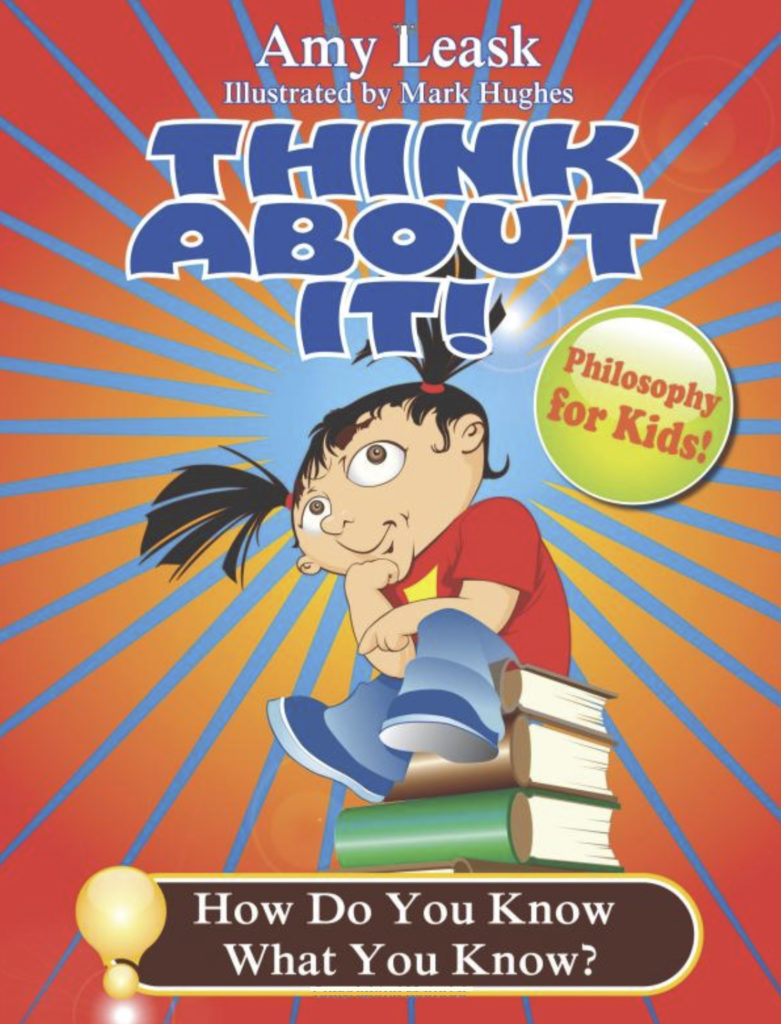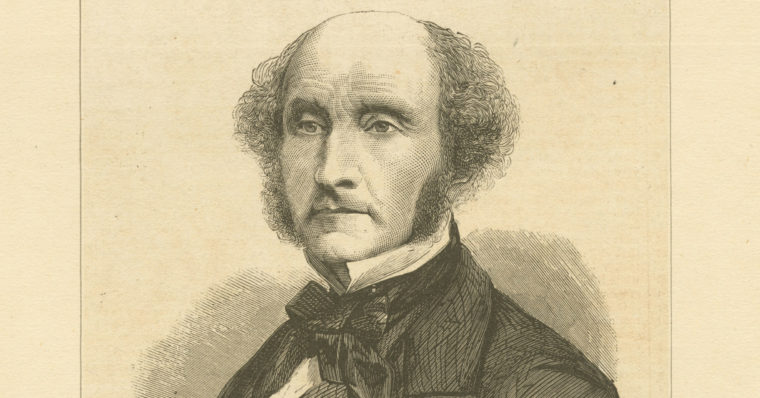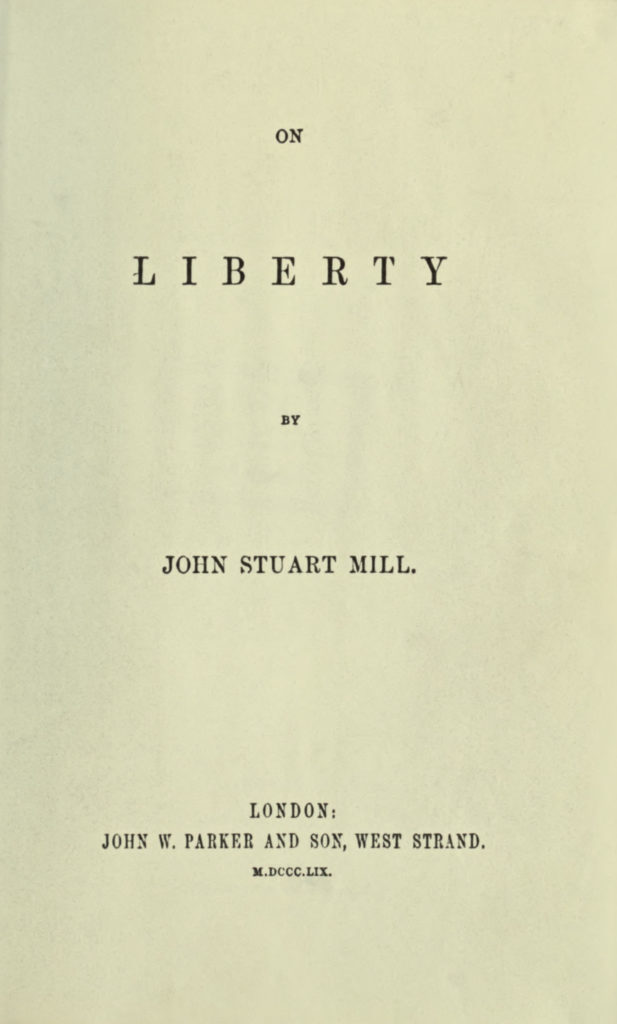| By Casey Dorman |
I was listening to NPR recently and an interviewer was talking to Thomas Hegghammer, a Norwegian professor of political science, who had just published an edited collection of essays/research studies called Jihadi Culture: The Art and Social Practices of Militant Islamists. One of the interviewer’s questions was “Aren’t you afraid that your book will humanize jihadists?” This struck me as strange. Could seeing anyone as human, even someone who engaged in systematic killing, be harmful? We often describe the most horrific crimes, such as genocide in terms of one group viewing the other as less than human. We are all aware of Hitler’s genocidal actions against Jews, whom he believed were biologically inferior to what he called the Aryan race. When Hutus in Rwanda killed nearly a million of their Tutsi neighbors, they described them as “cockroaches.” Even the American founding fathers were only willing to count each African American slave as worth 3/5 of a White person. These are instances, not uncommon in history, when embracing an ideology that involved viewing others as less than full human beings led to systematic mistreatment, killing or enslavement of people. But should we then turn around and view those who subscribe to such ideologies as also less then human?
What does it mean to regard another person as a human being? Although many racist ideologies have based their prejudices on notions of “inferiority,” most of us reject such views. Some individuals are stronger, taller, smarter, slower, fatter, etc. than others, but it does not lessen their humanity in most people’s eyes. We tend to see others as less human when we see the trait they express as “evil”—when they show themselves as capable of cruelty that we do not regard ourselves, or any “normal” person, as capable of producing. To many Westerners and also to many from other parts of the world, including mainstream Muslims, jihadists such as al Qaeda or ISIS are seen as “evil.” They rape women, chop off heads, and they conduct deadly terror attacks on civilians. After recent White Supremacy demonstrations in places such as Charlottesville, VA, many Americans view those who espouse neo-Nazi or KKK-like racist views as evil enough that they have become unrecognizable as fellow human beings. They have crossed a line beyond which normal human beings never tread. We view all or most members of such groups as, in the words of Chloe Valdary, “hateful monsters.”
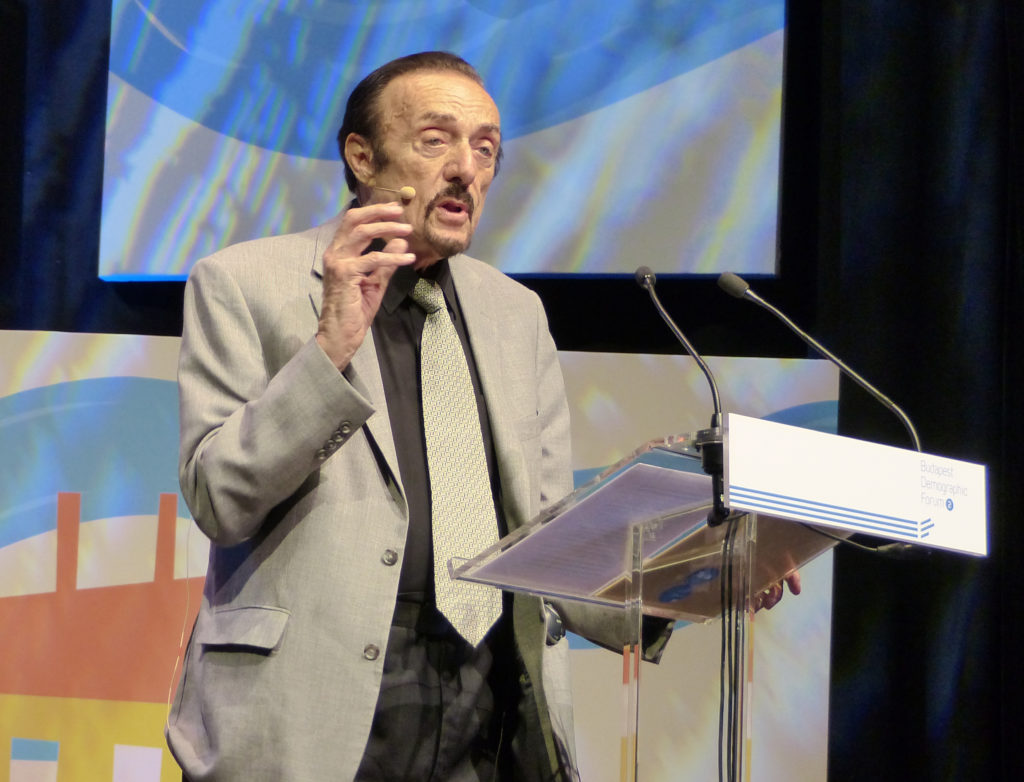
Dr. Philip Zimbardo. CC0 license.
There are two broad theories of how people can embrace actions we typically regard as “evil” as a way of behaving toward their fellow men: One theory, embodied by the work of British psychologist, Simon Baron-Cohen (2011), is that some people lack or suffer from a reduction in empathy, and those people are not sensitive to how others feel. At this extreme of the distribution of empathy, along with some people with relatively rare developmental disabilities, are psychopaths. The other theory, embodied by the work of American psychologist, Philip Zimbardo (2007), famous for the Stanford Prison Experiment, is that anyone can be coaxed into behaving evilly toward his fellow man, using the proper social techniques. Baron-Cohen’s theory is a dispositional one; Zimbardo’s is a situational one.
Baron-Cohen defines empathy as “our ability to identify what someone else is thinking or feeling and to respond to their thoughts and feelings with an appropriate emotion.” He claims that, “we all lie somewhere on the empathy spectrum (from high to low). People said to be evil or cruel are simply at one extreme of the empathy spectrum.” Despite describing empathy as “more like a dimmer switch than an all-or-none switch,” he also describes people with “zero degrees of empathy,” who may be “Zero-Negative.” Those who are Zero-Negative include psychopaths, those with borderline personality disorder and narcissists. Their lives, and the lives of those around them, are affected negatively by their lack of empathy combined with impairment in their experience of emotions. Although Baron-Cohen does not dismiss the role of social pressures, such as conformity, in producing cruel acts, he insists that “when cruel acts occur, it is because of malfunctioning of the empathy circuit.” This may be only temporary, but in those who are truly evil and capable of long-term, systematic cruelty, he says the empathy system is “permanently down,” due to a variety of biological and environmental factors and their interaction. In other words, the truly evil are not like the rest of us.
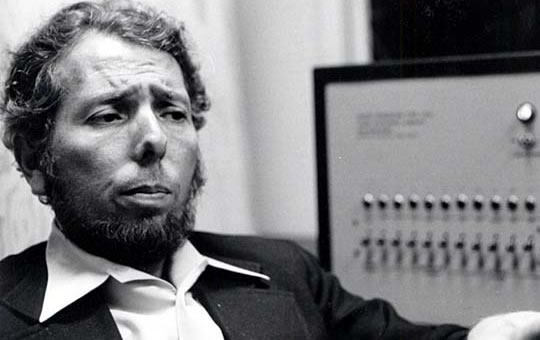
Stanley Milgram. Photo by Jewish Currents.
Philip Zimbardo describes what he calls, “The Lucifer Effect,” or “How Good People Turn Evil.” His point is that evil behavior, as demonstrated in examples such as the behavior of Nazis killing Jews or the inhumane treatment of prisoners by the American guards at Abu Ghraib prison in Iraq, is something of which we are all capable, and he tries to show the social forces that contribute to it. He uses many examples, but three are particularly telling: his own 1971 Stanford Prison Experiment, Stanley Milgram’s 1960’s experiments on obedience, and psychologist Christopher Browning’s 1992 account of Ordinary Men: Reserve Police Battalion 101 and the Final Solution in Poland.



